950+
Organizations use Psylaris products
7500+
Therapists use our software worldwide
100.000+
Completed sessions with our applications
A person suffering from dependency disorder has very little self-confidence and constantly leans on someone else in everything he or she does. When you want to do things, you quickly become worried about whether you can do them or you are afraid to go somewhere. You always need the help, or at least the presence, of someone else. With this dependency disorder, you actually need constant reassurance that everything will be all right.
Someone with a dependency disorder is usually seen as very friendly, sweet and kind. This is an impression that is true, as they prefer to avoid conflict. But this makes them a type of person who lacks the guts to express their own opinion. They may have them, but they are afraid to express them because of possible conflicts that this may cause. And not only conflicts. The fear, of course, is that they will lose people close to them. Someone with a dependency disorder will completely forget about themselves in order to support their loved ones. This can go very far. They are often abused in a relationship. They let any exploitation and violence in a relationship get the better of them. This is perhaps the most important characteristic. Only because of the fear of losing people do they allow themselves to be abused.


There are various types of psychotherapy treatments that help with dependency disorder. Most treatments focus on treating the symptoms of the disorder. EMDR involves processing the trauma. If the disorder was caused by an unprocessed trauma, EMDR can be used to process it.
During an EMDR session, you have to think back to a certain traumatic event that still troubles you and which may be the cause of the dependency disorder. Reliving a trauma is not nothing, because the thoughts and feelings of that moment also come back. But during the reliving, the therapist will distract you with a hand gesture and sometimes with a sound signal, and you will no longer think about the trauma. This form of distraction causes other thoughts and you learn to recall the event more easily, without intense emotions being involved.
Psylaris aims to make the GGZ more easily accessible for clients and to save costs and time for practitioners. Virtual reality is certainly an important tool for this. For this purpose, Psylaris has developed several VR modules within Psylaris Care including EMDR-VR. With this, the client literally ends up in the distraction and the distraction actually does its job. The practitioner has many possibilities to distract and to create distraction tasks. In this way, the client can also follow an EMDR session from home.
Also with EMDR-Remote the client can be treated at home. This is an online platform for the practitioner. From here, a video connection is established with the client at home using a stable connection. The distraction takes place digitally with the distraction tasks present on the platform. The practitioner is thus more flexible and the client does not always have to leave the house.
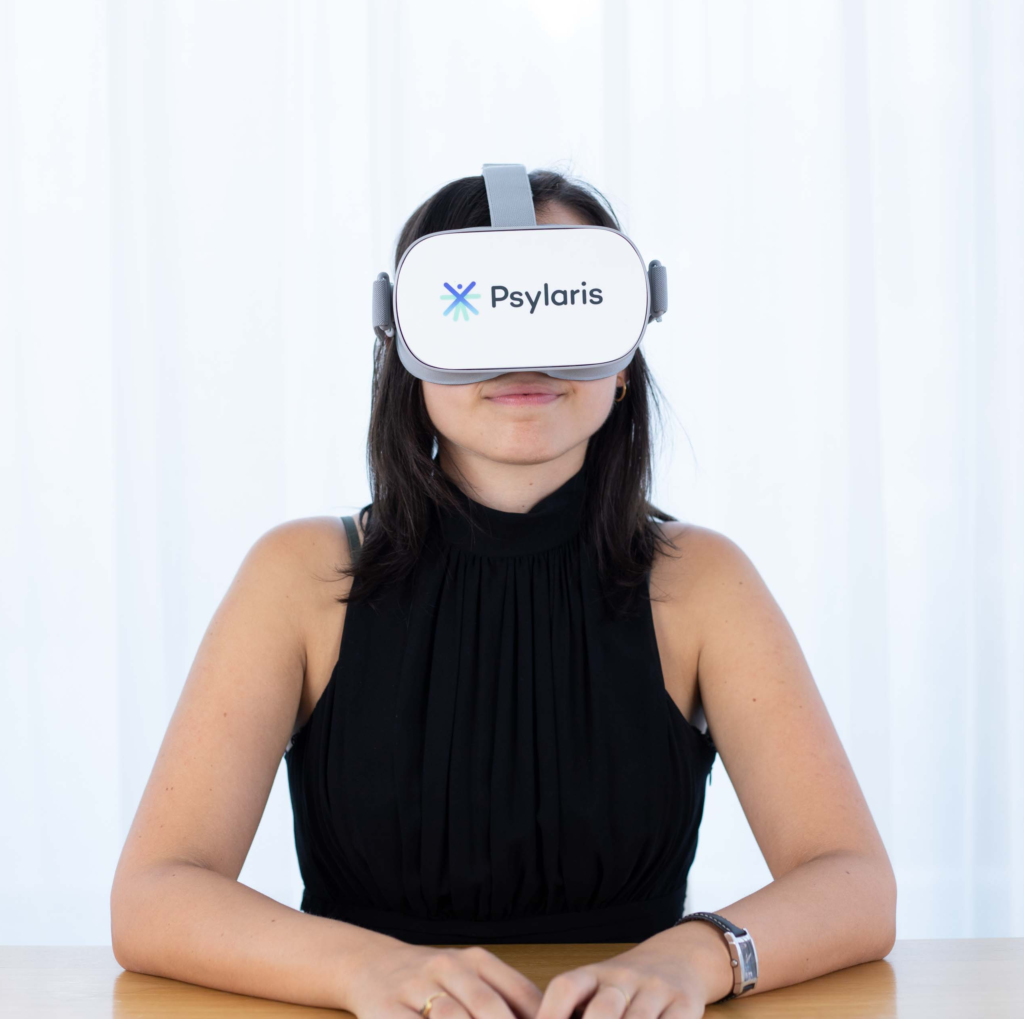
As a developer of modern methods and tools in mental healthcare, Psylaris has also made EMDR easy with modern techniques. Virtual reality, for example, plays an increasingly important role in the mental healthcare sector. With EMDR-VR and EMDR-plus, Psylaris has developed a VR-module. The module can easily be used by the practitioner and has many distraction possibilities. The client gets a more intense distraction than during a regular treatment. The VR glasses can be used both at home and in the treatment room. This makes both the practitioner and the client more flexible.
If the client is unable to come to the treatment centre, Psylaris makes it possible to receive EMDR treatment at home with EMDR-remote. EMDR remote is the online EMDR platform of Psylaris, where the practitioner and the client can conduct an EMDR session via image calling. Once again, the practitioner has many opportunities to be distracted and the client, who is tied up at home, can still receive treatment.
We believe with the combination of intelligent software and qualified therapists we can develop a system in which everyone, anytime and anywhere has direct access to efficient and affordable psychological care.
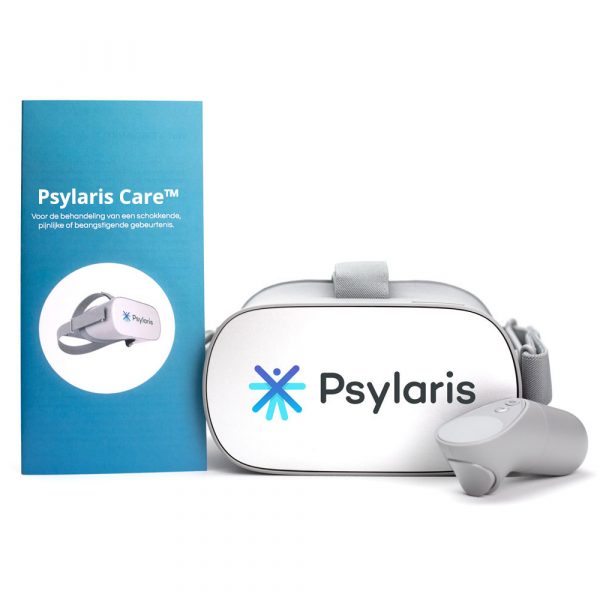
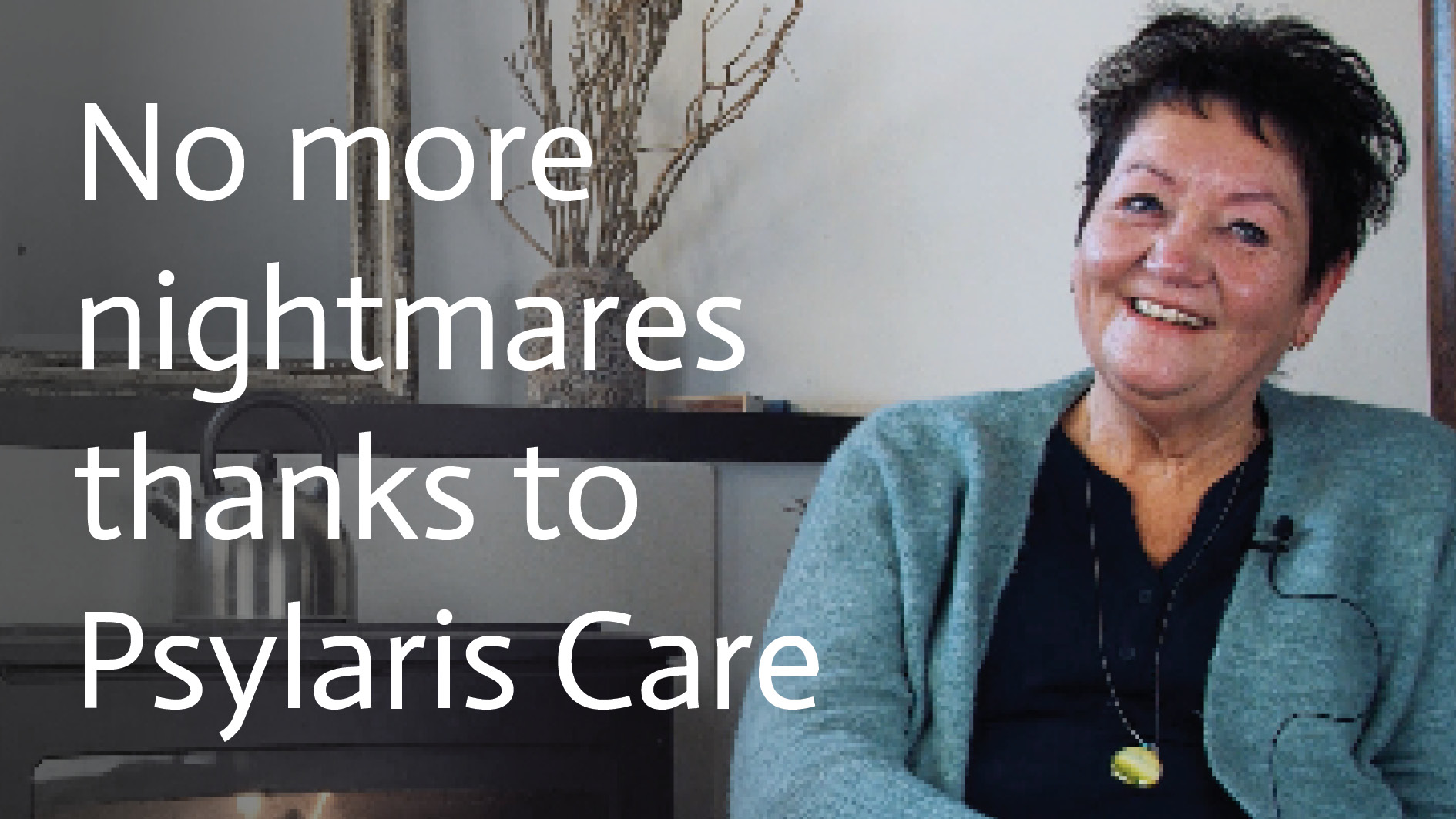
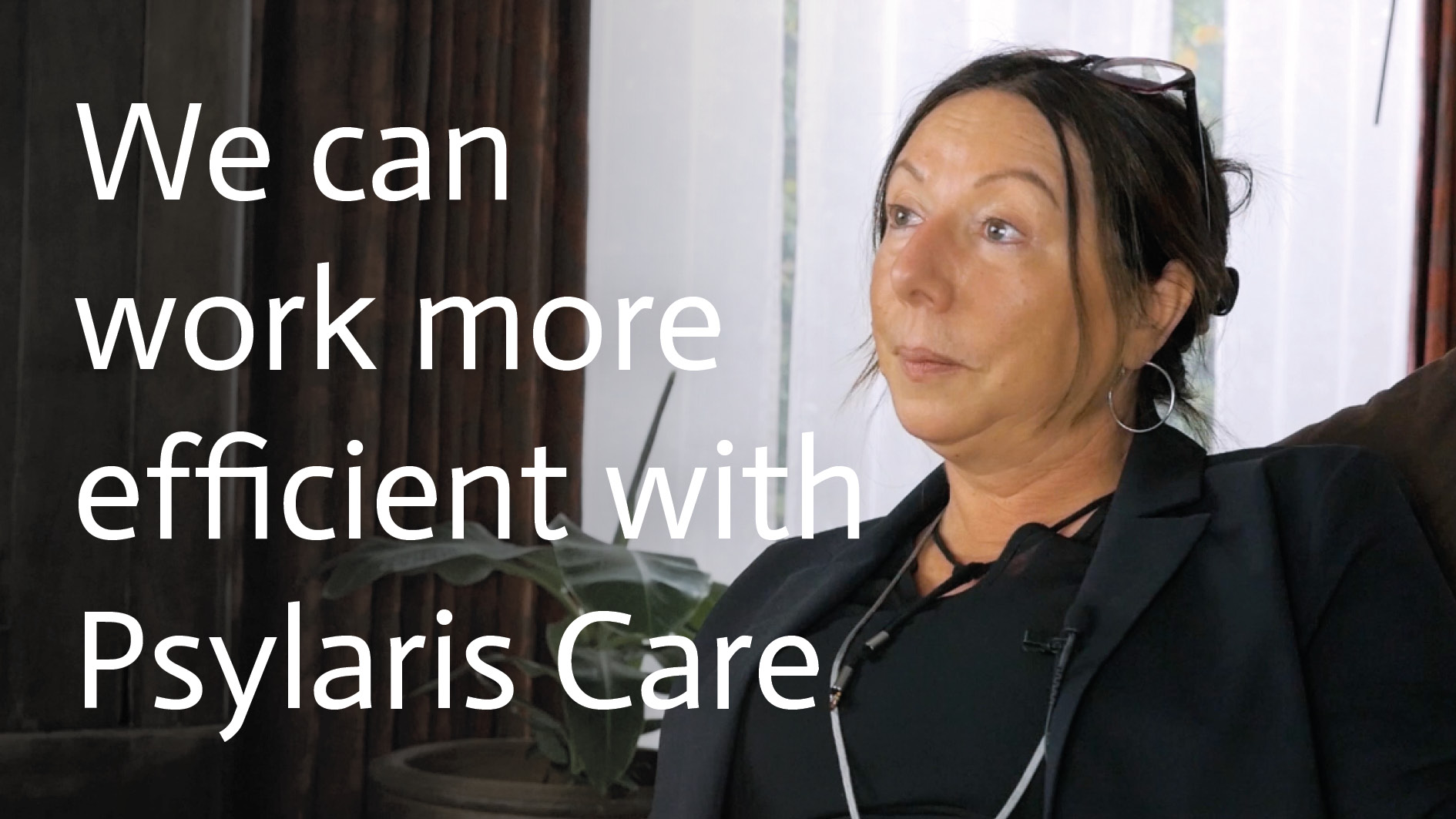
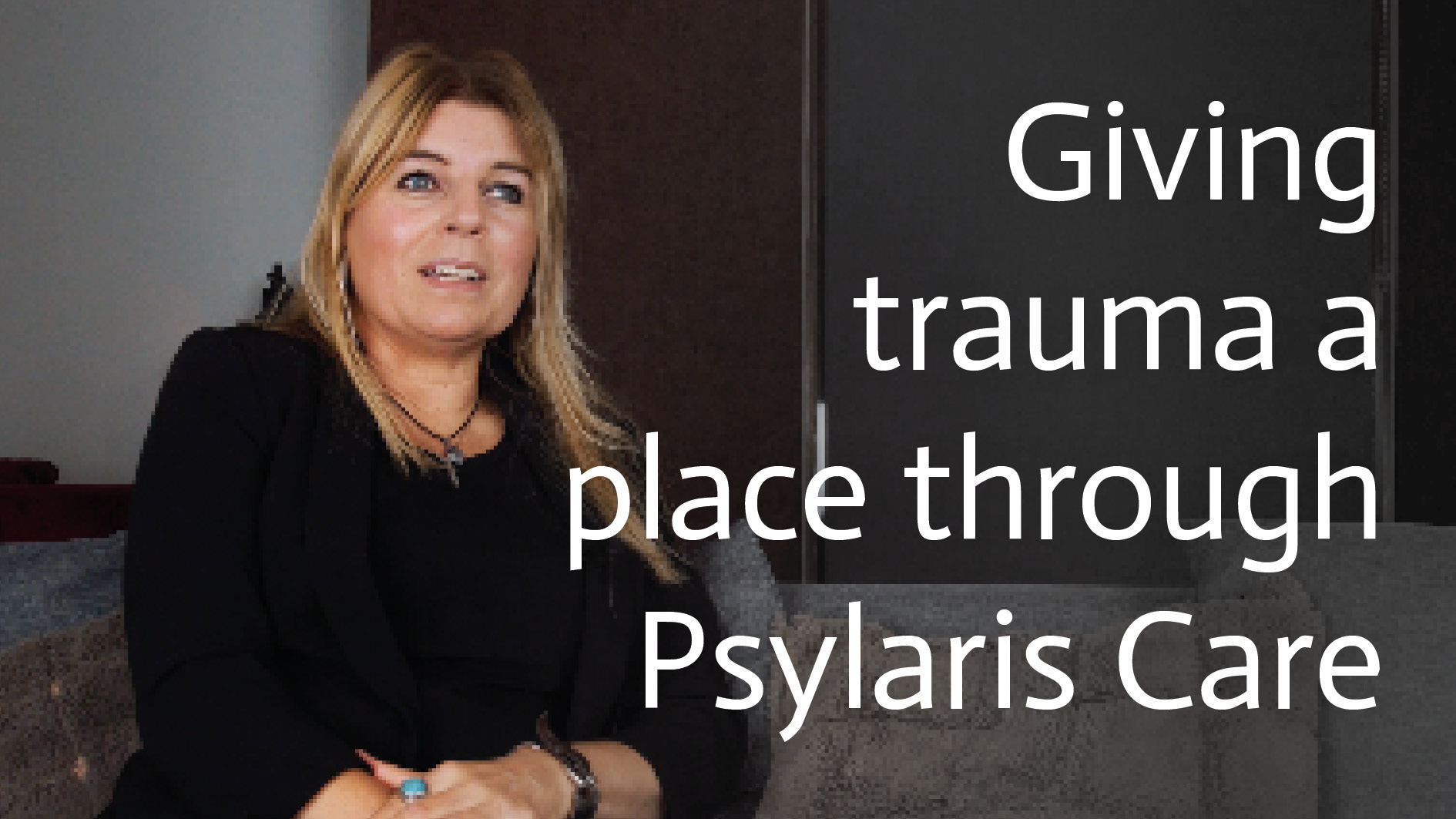
This website uses cookies to ensure that you get the best experience on our website.